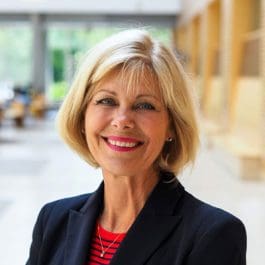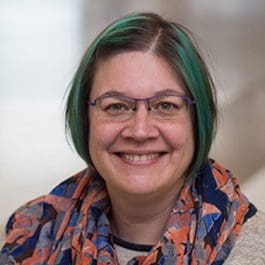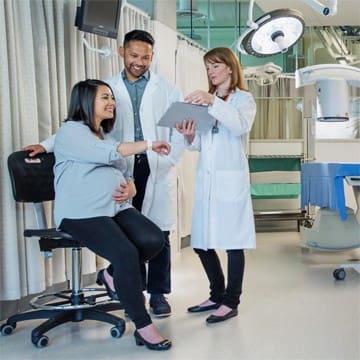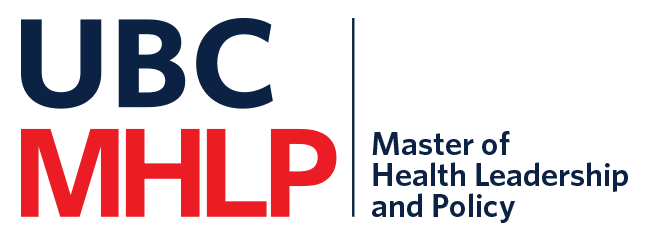Clinical educators bring innovation to health care

Clinical Education: Industry Challenges
By Elisabeth Bailey, an instructor in the MHLP in Clinical Education program
Health-care workplaces are often high-intensity, high-pressure environments. With an aging population and a generation of nurses set to retire, there’s concern that the ongoing nursing shortage will become increasingly acute and that workplaces will become more challenging. These issues are compounded by a shortage of clinical educators to train nurses both within post-secondary institutions and in practice settings.
How can we better help newly graduated nurses make a smoother transition into potentially stressful and understaffed work environments? How can we ensure that those in practice stay up to date with their professional learning? And what can we do to create positive organizational cultures where people feel safe to take risks and stretch in their practice?
It’s going to require many conversations to create new partnerships between educational institutions and health authorities as we explore innovative ways to provide better support to health-care workers.
This could include everything from dedicated teaching units with clinical educators who are skilled at creating positive learning environments to using technology more effectively to create connections and orient new staff and support ongoing learning of others.
The high-intensity workplace environments that often characterize health-care settings also speak to the importance of being very thoughtful about how we build teams and communicate with each other, as well as the influence of leaders in setting an organization’s tone and culture. Doing these things skilfully requires people with strong interpersonal skills and a commitment to self-reflection.
Clinical educators are well positioned to meet these challenges. Building on their clinical background expertise and their knowledge of how people learn, clinical educators can offer new perspectives and innovative solutions.
Many clinical educators already find themselves taking a leadership role within organizations by virtue of their responsibilities for orienting new hires and mentoring others. Those professionals who combine these skills with the business acumen to evaluate options, successfully advocate for funding and build widespread organizational support for change will have the potential to transform our workplaces.
UBC’s Master of Health Leadership and Policy in Clinical Education offers health-care professionals the opportunity to deepen their knowledge of best practices in clinical education while gaining skills in business and project management in courses taught through UBC Sauder’s Robert H. Lee Graduate School.
Within the clinical education classes, students learn the theory and practice of teaching and learning and have opportunities to put this into practice through both coursework and a practicum. In a class I taught last year, for example, students identified a topic in clinical education that was relevant to them and then built on theories of learning to develop and deliver a lesson. The class then offered written and verbal feedback and students were encouraged to reflect on how they would modify their teaching strategies. Students are able to take a very self-reflective approach to building an effective teaching practice and develop the relational and feedback skills needed to build and contribute to positive teams.
The first cohort of students completed the 12-month MHLP in clinical education in December 2019, and they exemplified the energy and commitment to innovation that our health-care system needs. The health care hackathon, organized by two students in the program, was a great example of how our students are adept at bringing together multiple perspectives to conceptualize new solutions. They care passionately about being innovators and change agents and making the most of this opportunity to move health care forward.
Clinical Education
Develop the educational strategies and leadership skills to create caring, collaborative clinical environments.
Read MoreFeatured Faculty and Staff

DR. CHERYL SEGARIC
Featured Faculty and Staff

DR. JENNIFER BAUMBUSCH
Clinical Education
Develop the educational strategies and leadership skills to create caring, collaborative clinical environments.
Read More
